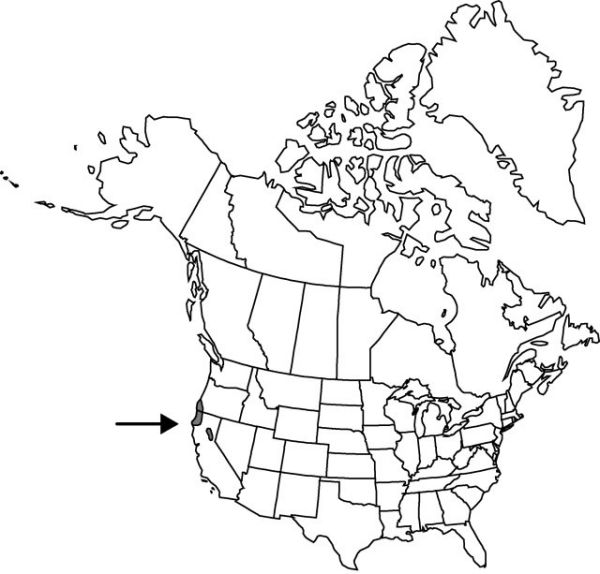Trillium kurabayashii
Brittonia 27: 56, fig. 12. 1975.
Rhizomes horizontal, brownish, thick, praemorse, not brittle. Scapes often 2 from single terminal bud, round in cross section, 2.5–5.5 dm, stout, glabrous. Bracts held well above ground, sessile; blade bright green (in early anthesis rather succulent in appearance), usually well-marked with lighter and darker green spots, occasionally obscurely or scarcely mottled, mottling becoming obscure with age, ovate to broadly ovate, 11–18 × 12–17 cm, somewhat glossy, apex acuminate. Flower odor spicy in fresh flowers, becoming fetid in older flowers; sepals displayed above bracts, spreading, divergent, green, purple-streaked, lanceolate, 40–75 × 10–14 mm, margins entire, apex acute to round-acute; petals long-lasting, conspicuous, spreading-erect to erect, tips incurving slightly, ± connivent, partially to completely concealing stamens and ovary, glossy dark maroon-red or purple, not spirally twisted, flat, oblanceolate, 5.5–11 × 2–3.5 cm, widest at or below middle, glossy, thick-textured, cuneate basally, margins ± flat, entire, apex round-acute; stamens erect, straight, 15–26 mm, slightly concealing ovary; filaments dark purple, 2–4 mm; anthers dark maroon, 13–24 mm, dehiscence introrse; connectives straight, barely extended beyond anther sacs; ovary inconspicuous, purple, ovoid, round to 6-angled, 8–15 mm; stigmas erect, distinct, subulate, 6–8 mm, fleshy, thickened basally. Fruits dark reddish purple, ovoid to ellipsoid or weakly angled, 20–50 mm, fleshy.
Phenology: Flowering spring (late Mar–early May).
Habitat: Rich, moist conifer-hardwood forest, slopes, especially lower slopes, predominantly deciduous flat woods along streams, edges of Sequoia groves, and alder, vine maple, and fern thickets along streams, especially older, higher flood terraces, not the lowest and wettest, at higher elevations, both in forests and in open grassy meadows with scattered oak trees
Elevation: 20–500+ m
Discussion
Selected References
None.
